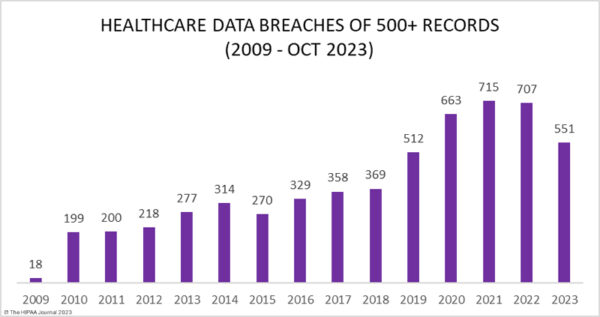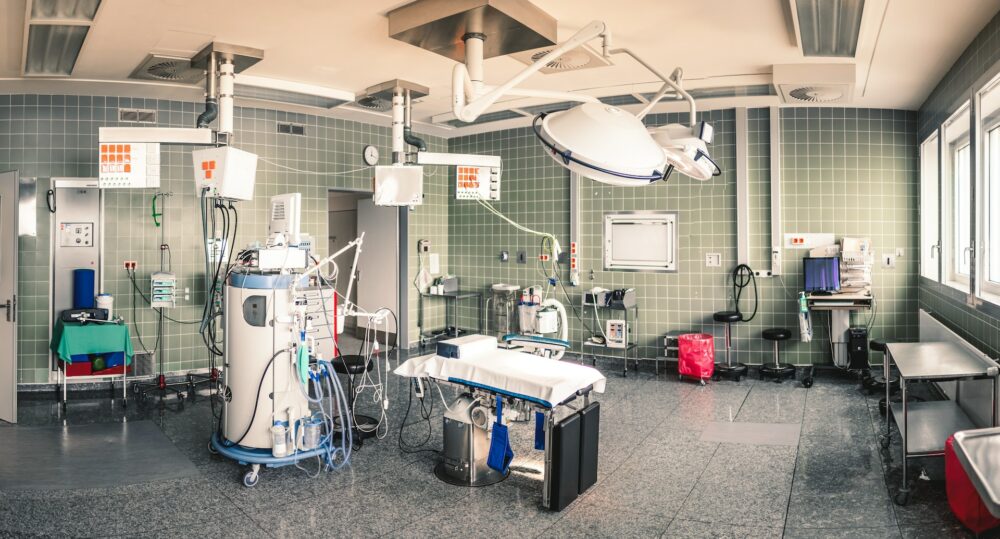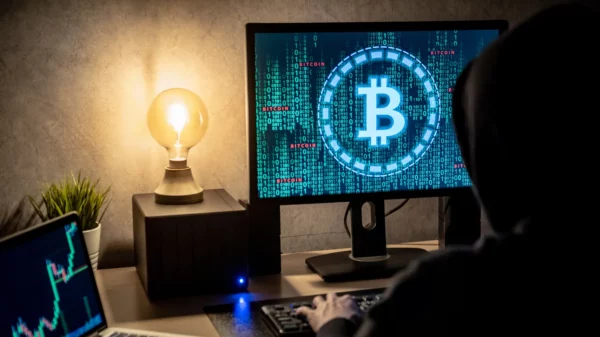A former chief operating officer of a cybersecurity company plead guilty to hacking two hospitals in 2018 as a publicity stunt for his own business.
On Monday, Securolytics executive, Vikas Singla, plead guilty to hacking into two Gwinnett Medical Center (GMC) hospitals in Duluth and Lawrenceville, Georgia.
Singla disrupted the hospital’s phone and network printer services during the attack on Sept. 2018. He stole the information of over 200 patients from a Hologic R2 Digitizer device connected to a mammogram machine at the Lawrenceville hospital.
He also used GMC hospital’s over 200 computers to print stolen patient information and taunt the administration with “WE OWN YOU” messages.
“The Defendant attempts to create and use publicity about the attack, including by causing the publication of information obtained without authorizations from the Digitiaze, to generate business for Securolytics,” according to the guilty plea.
Singla actively promoted the GMC hack on Twitter by tweeting the confidental information of 43 patients whose data had been stolen in the breach. Securolytics also proactively contacted potential clients after Singla’s attack, emphasizing the GMC incident in the emails.
“This cyberattack on a hospital not only could have had disastrous consequences, but patient’s personal information was also compromised,” said Chris Hacker, Special Agent in charge of FBI Atlanta.
“The FBI and our law enforcement partners are determined to hold accountable, those who allegedly put peoples health and safety at risk while driven by greed.”
Prosecutors charged Singla with 17 counts of intentionally damaging a protected computer and one count of obtaining information from a protected computer. They assert that the defendant’s attack on GMC’s phone system, printers and digitizer caused more than $817,000 in financial losses.
As part of the plea deal, Singla has agreed to pay back the money plus interest in restitution to Northside Hospital Gwinnett in Lawrenceville and Ace American Insurance Company. The prosecutors will recommend a sentence of 57 months of probation, including home detention.
This recommendation is based on Singla’s terminal cancer diagnosis as well as a dangerous vascular condition, which the prosecutor felt deserved home detention as an alternative to incarceration to ensure the defendant receives appropriate medical care.
During the sentencing hearing scheduled for mid February and the judge can impose a maximum term of imprisonment of 10 years.
Read more: Cisco secures US$28B deal to acquire leading cybersecurity firm Splunk
Read more: Barrick Gold targeted by Russian hacker group in cybersecurity breach
Healthcare hacking is on the rise
Cyberattacks have targeted more hospitals and healthcare organizations this year. According to the American Hospital Association, in the first half of 2023, cyberattacks affected more than 220 hospitals.
Between 2009 and 2022, the Human and Health Services Office for Civil Rights reported 5,150 healthcare data breaches involving 500 or more records. These breaches exposed or disclosed approximately 382 million healthcare records, exceeding the population of the United States by more than 1.2 times.
In 2018, healthcare data breaches of 500 or more records were occurring at a rate of approximately one per day. Fast forward five years and the rate has more than doubled. In 2022, there was an average of 1.94 healthcare data breaches of 500 or more records reported each day.

Chart via the Health Insurance Portability and Accountability Act (HIPAA) Journal.
A specific data breach called ransomware has been especially egregious over the past few years.
Ransomware represents a specific type of malware that extorts victims for financial gain. When activated, ransomware prevents victims from interacting with their files, applications, or systems until they pay a ransom, typically in the form of an untraceable cryptocurrency like Bitcoin.
According to a recent industry survey from the Office of Information Security, ransomware attacks have affected six out of ten health care companies in the past year, causing significant disruptions to care and financial losses. These cyber strikes can bring hospital operations to a grinding halt, resulting in delayed or missed treatments, lost revenue, and increased costs to restore systems and data.
.
Follow Joseph Morton on Twitter
joseph@mugglehead.com














